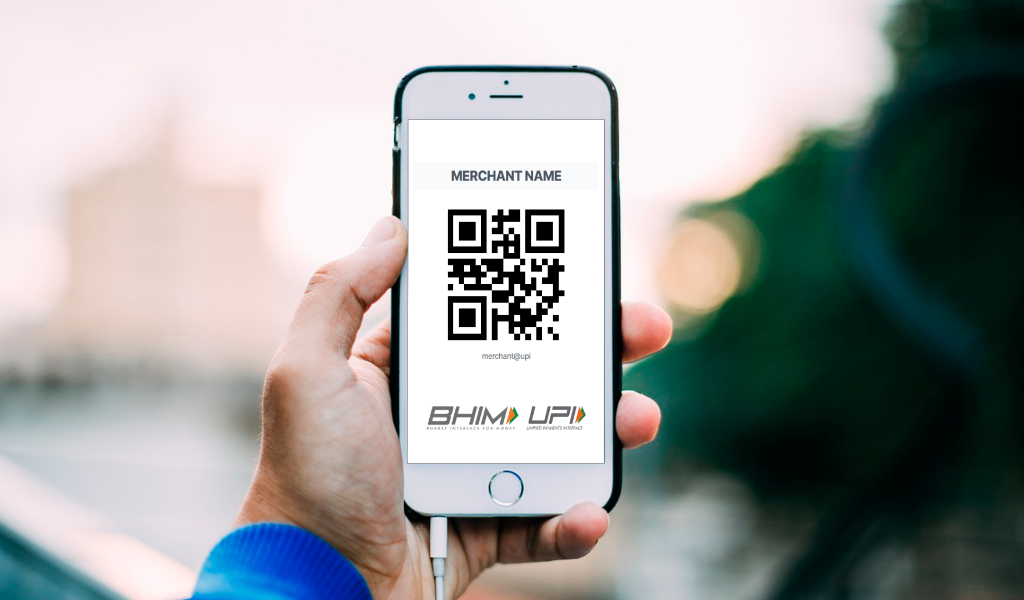
In the modern age, all our financial transactions take place online. These transactions encompass local retail businesses and extensive financial transactions. All are conducted through the Internet. However, amidst the convenience, online transactions have also given rise to various scams and fraudulent activities. To address these concerns, the Reserve Bank of India (RBI) has introduced new rules for UPI Payment, and online payments, focusing on the emergence of Google Pay, PhonePe, and other online money transfers.
UPI Payment: The New Regulations Explained
The new regulations are designed to enhance the security and efficiency of online transactions. The key aspect is the rise of contactless transactions, which provide convenience but also mitigate concerns about physical contact, Especially during the COVID-19 pandemic. Biometric security measures, such as fingerprint and facial recognition, have also been introduced to ensure secure and authenticated transactions.
Streamlining Transactions Through UPI Lite
One of the most noteworthy changes is the introduction of UPI Lite, a simplified online payment method. Rolled out in collaboration with the National Payments Corporation of India and RBI, UPI Lite aims to make online payments accessible to many users. It allows transactions of up to INR 200 without requiring a PIN. Additionally, using Near Field Communication Technology further enhances the user experience.
Implications for Businesses and Consumers
With over ten crore users already utilizing UPI Lite, the new regulations are set to bring a transformative impact. The individual transaction limit has been increased from INR 200 to INR 500 per day, making it even more suitable for many transactions. Major players in the online payment landscape, such as Google Pay, Phone Pe, and Paytm, have integrated UPI Lite into their applications, making it accessible to their existing user base. This move is expected to reduce the dependency on physical currency and encourage wider adoption of digital transactions.
Simplifying Cross-Border Transactions
One of the significant advantages of these new rules is the ease of cross-border transactions. Online payment systems have simplified international money transfers, allowing individuals to send and receive money across borders. However, the challenges of currency conversion and fluctuating exchange rates still exist. The new rules address these concerns, ensuring transparency and fairness in currency conversion processes.
The Path Ahead
As India progresses into the digital age, online payments are poised to play an even more significant role in our lives. With the introduction of UPI Lite and the enhanced security measures, the transition towards a cashless economy is becoming smoother and more secure. The new regulations and technological advancements demonstrate the commitment of RBI and the financial industry to adapt and innovate in the ever-evolving landscape of online transactions.


